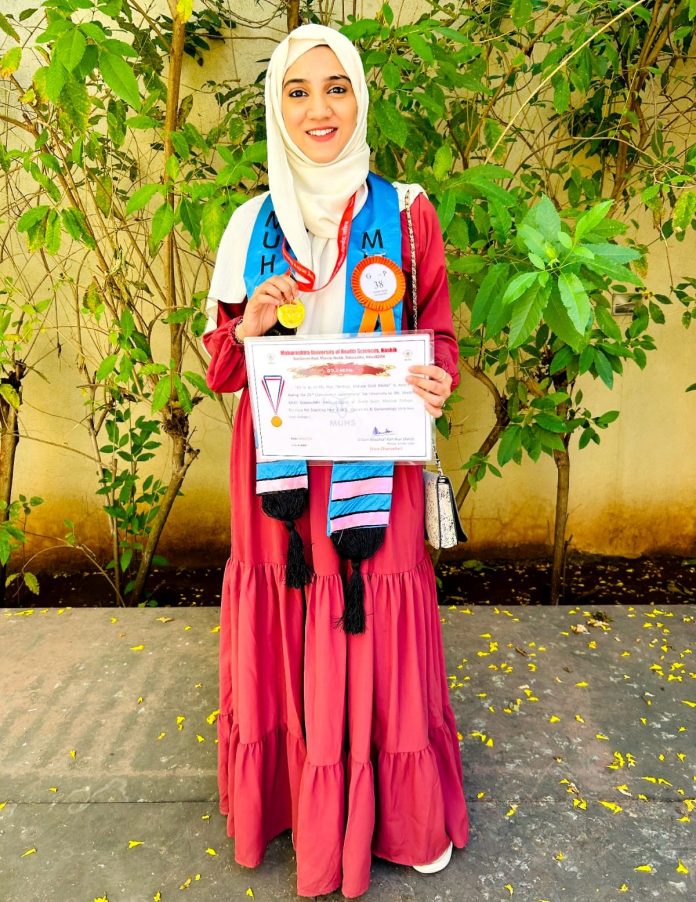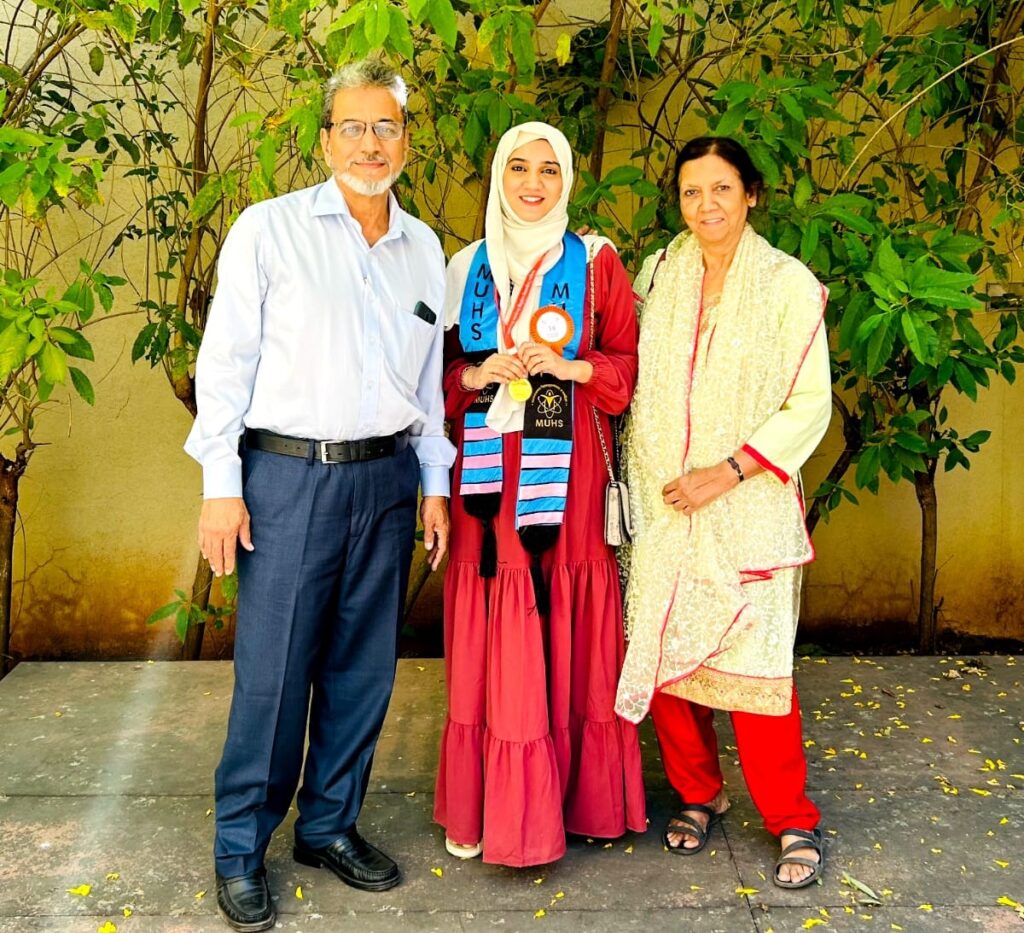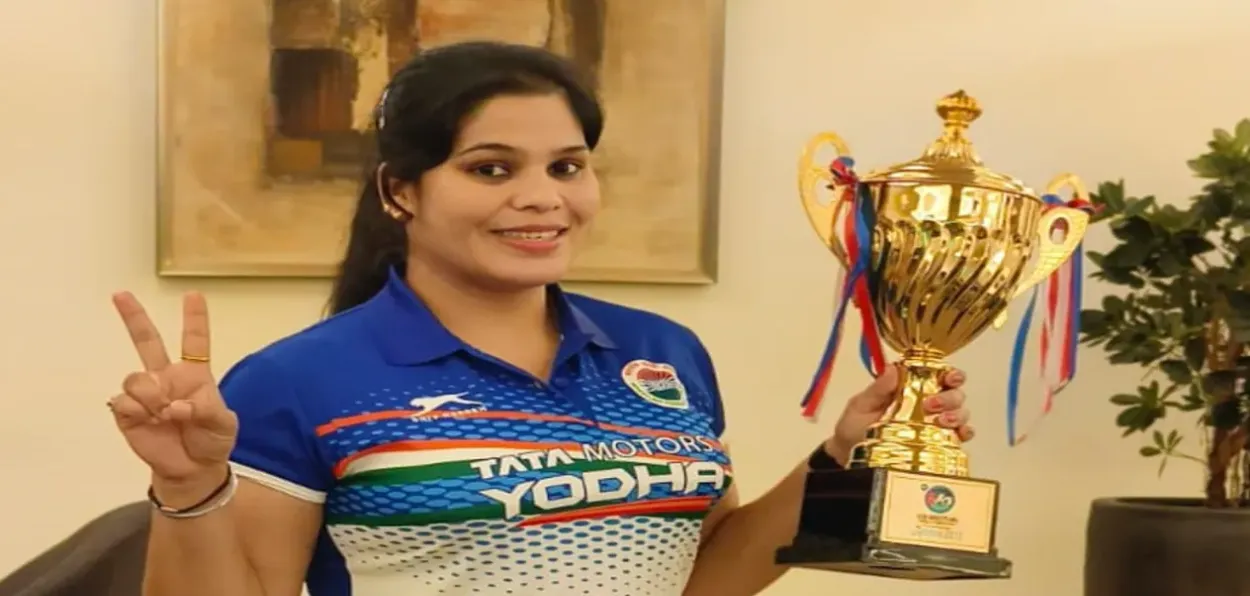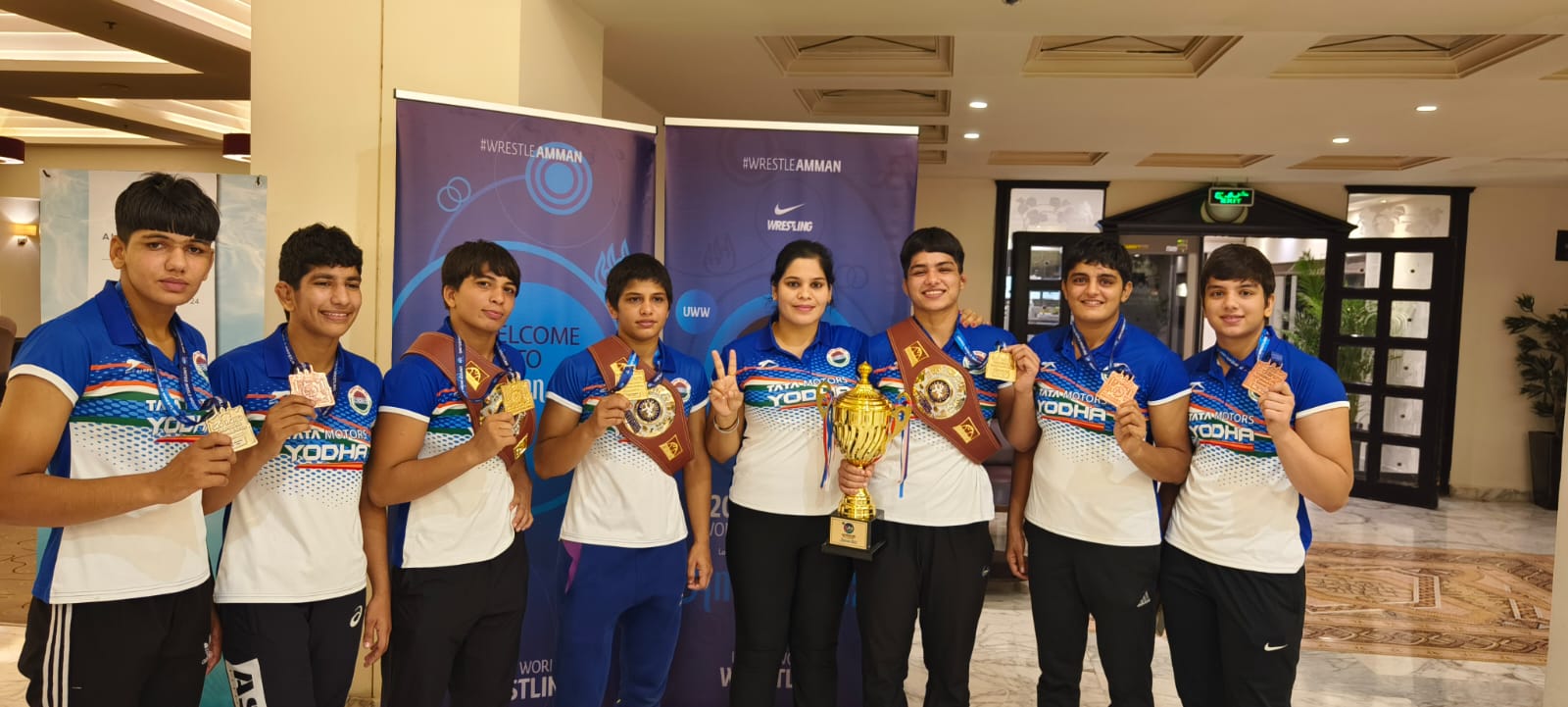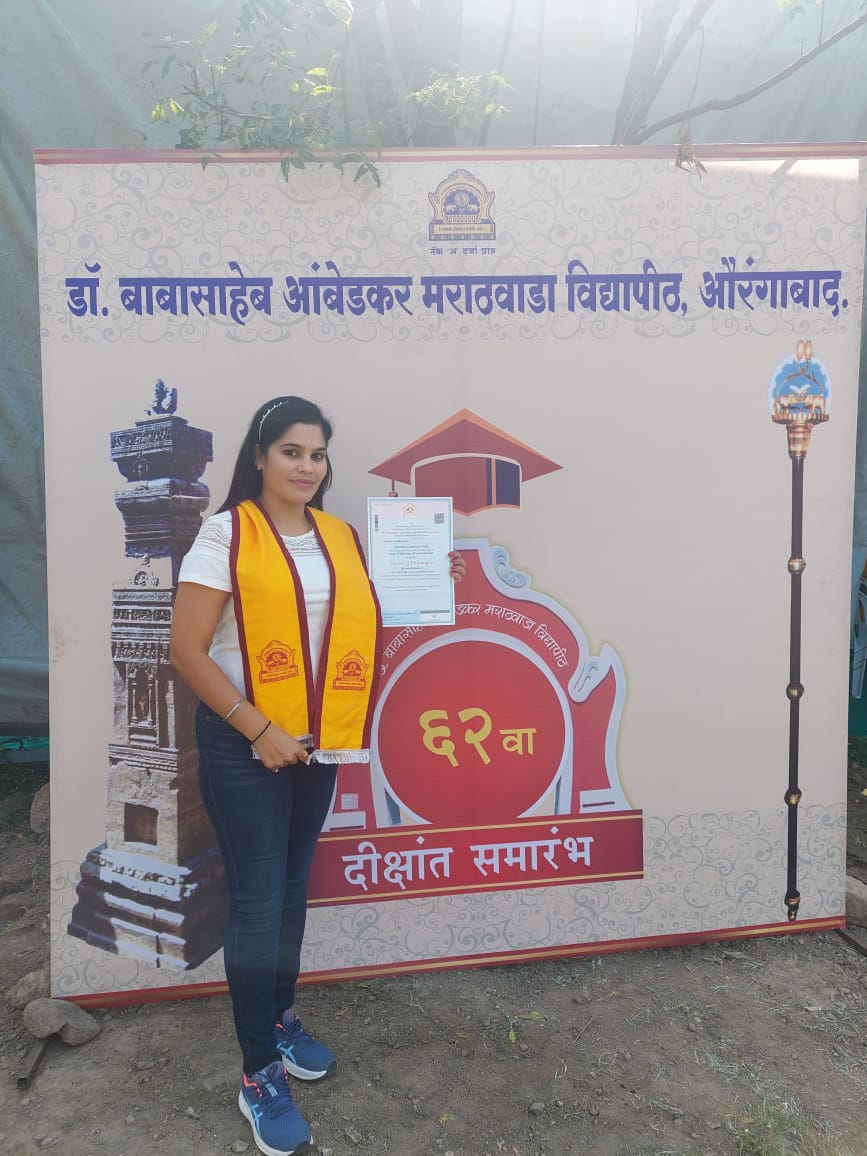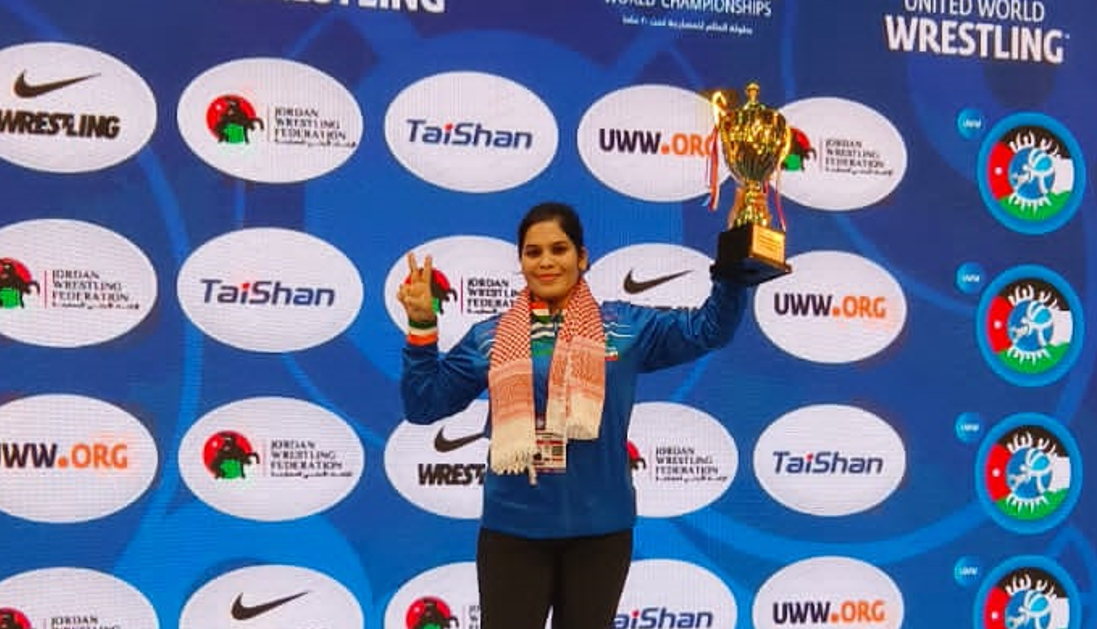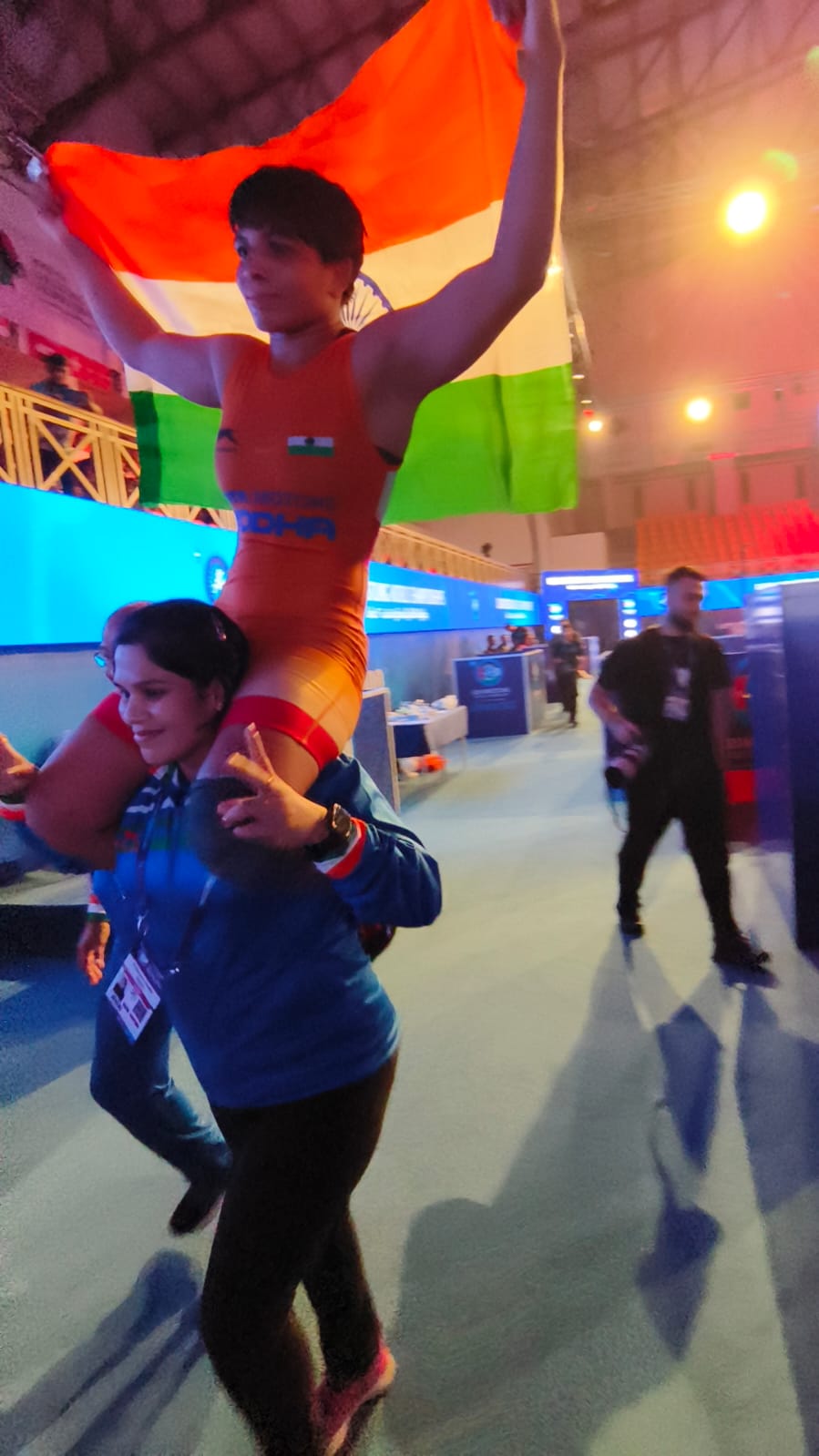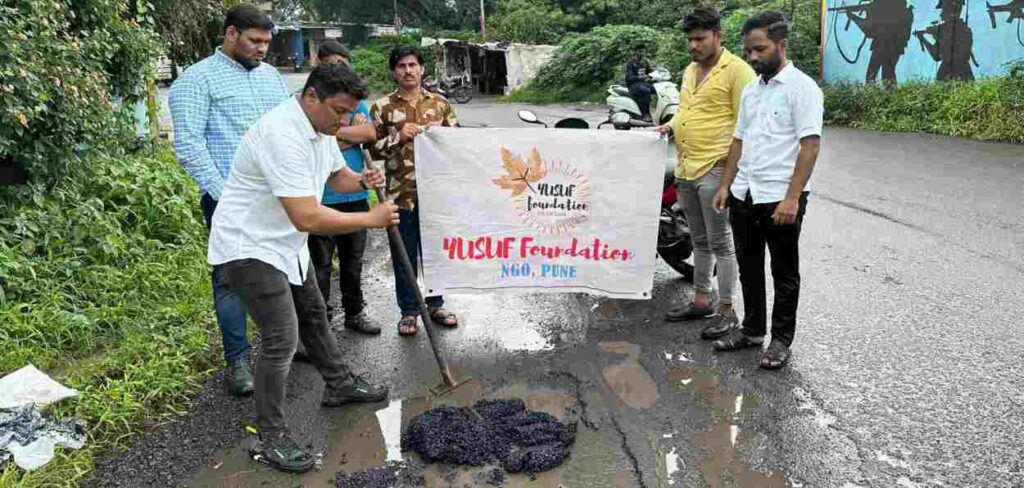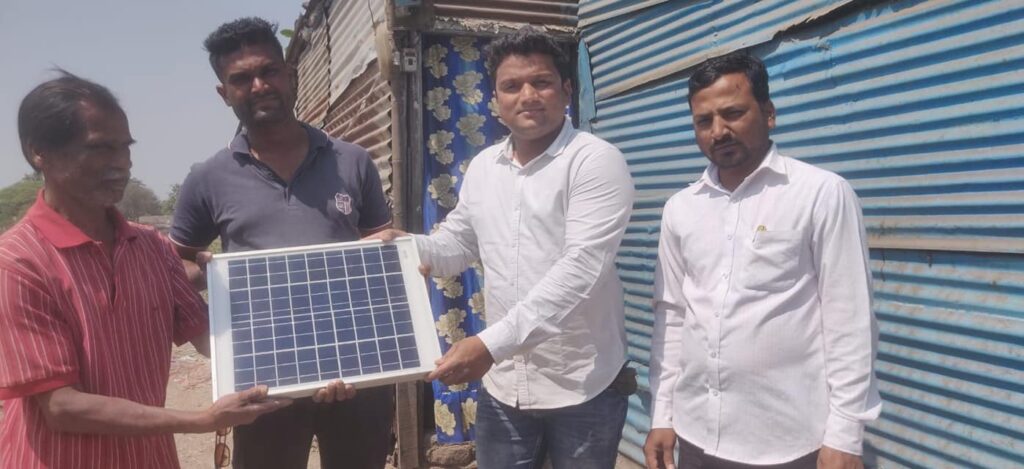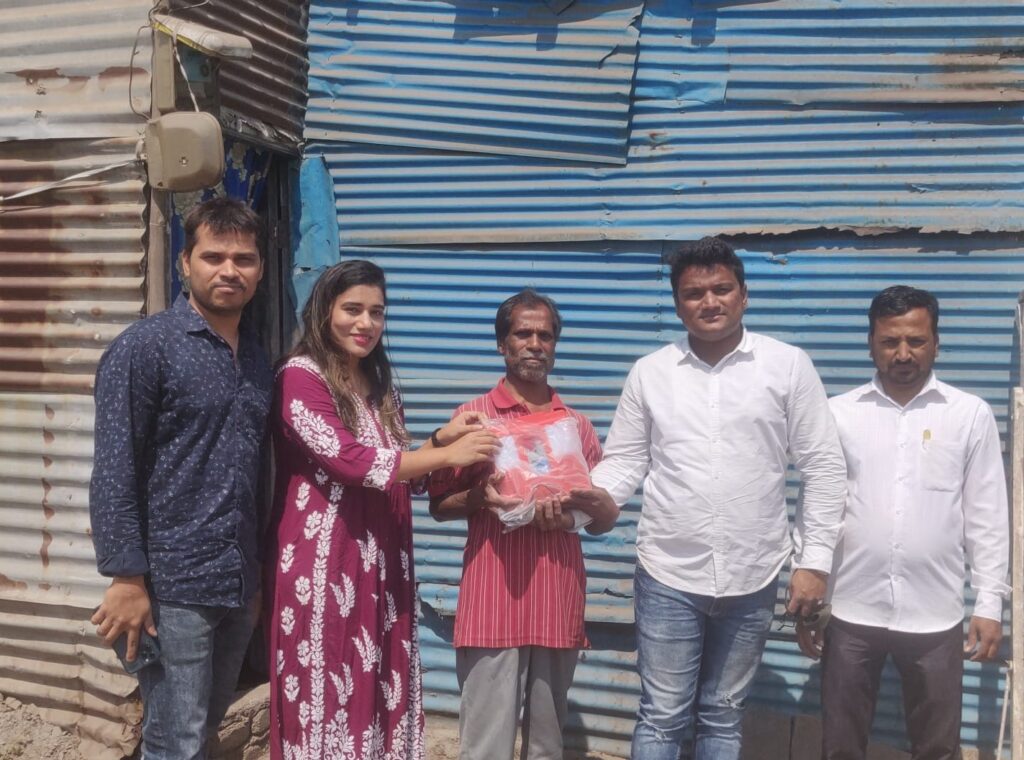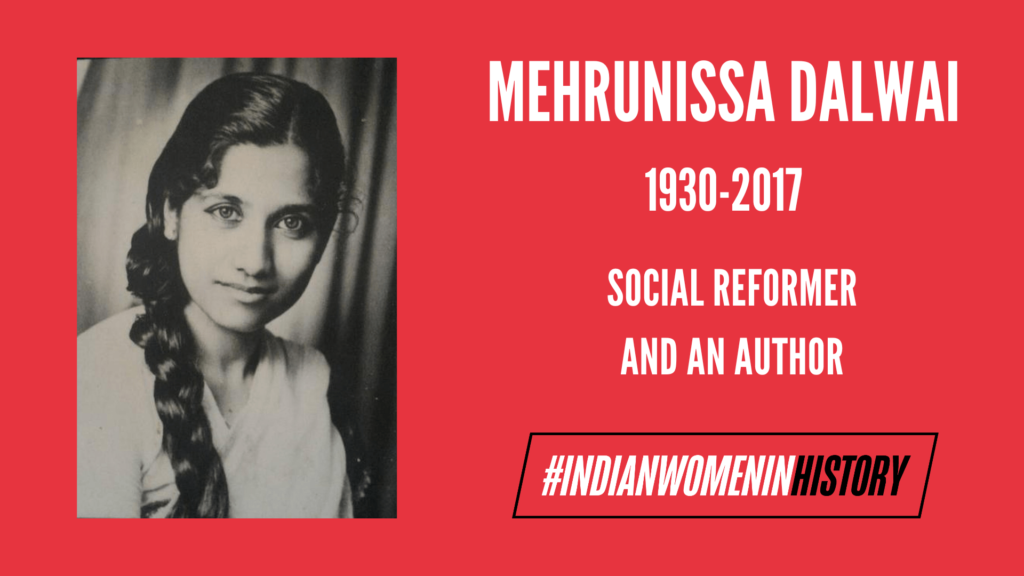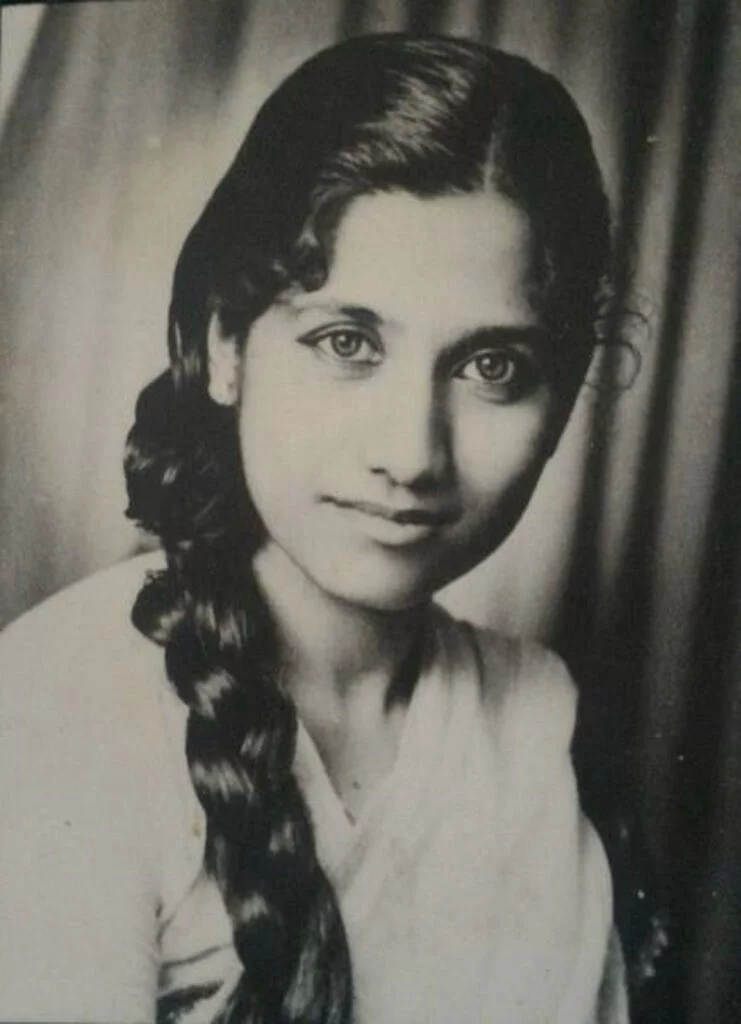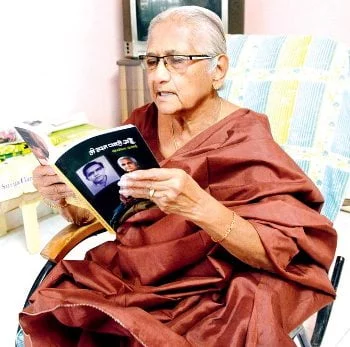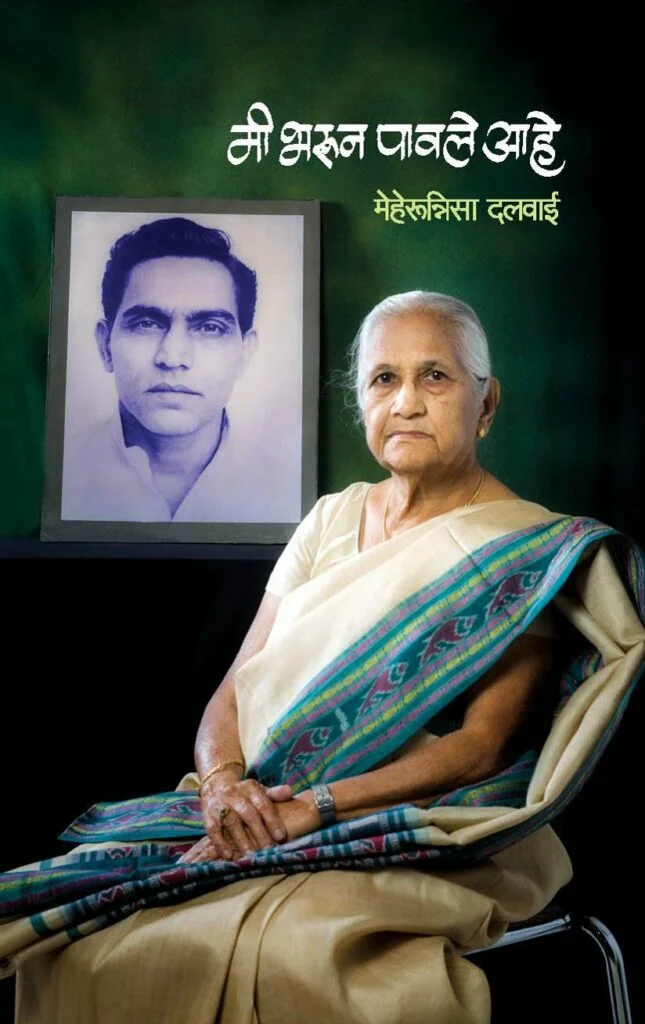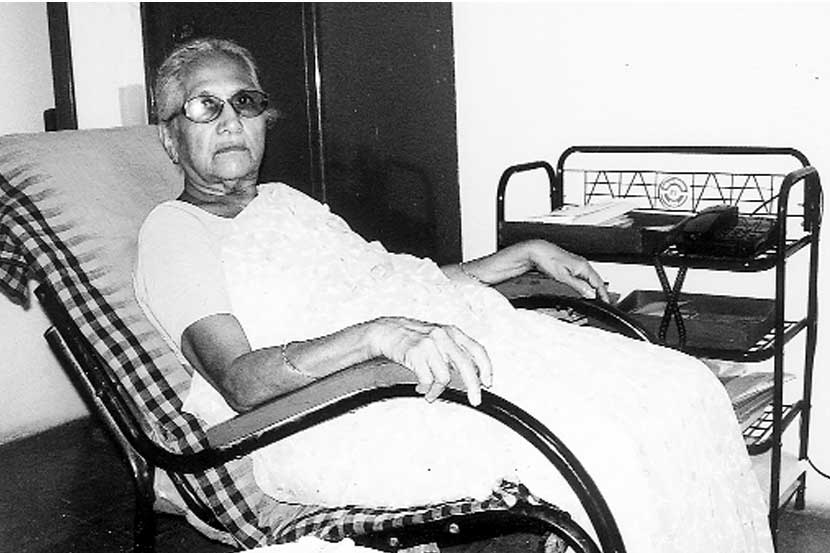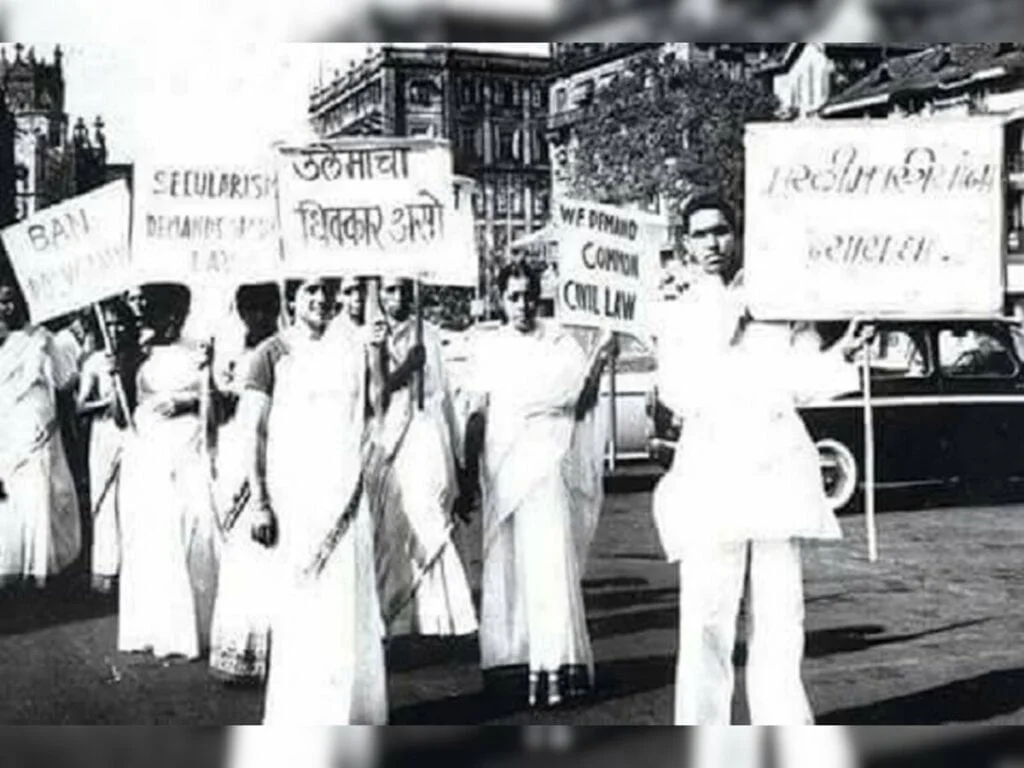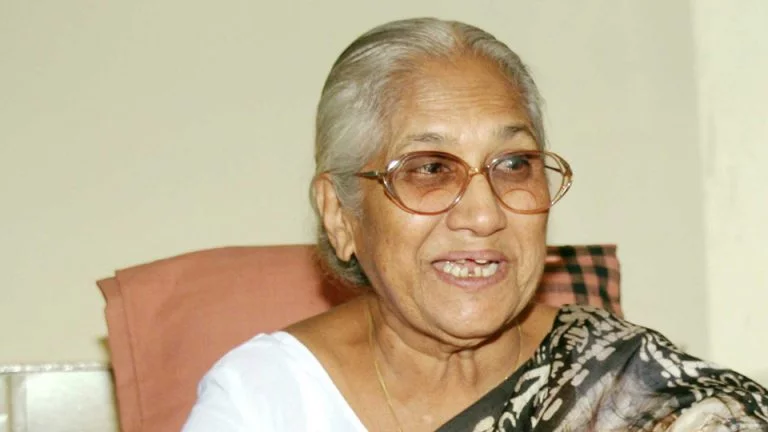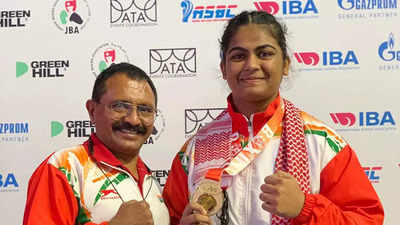Mumbai, MAHARASHTRA :
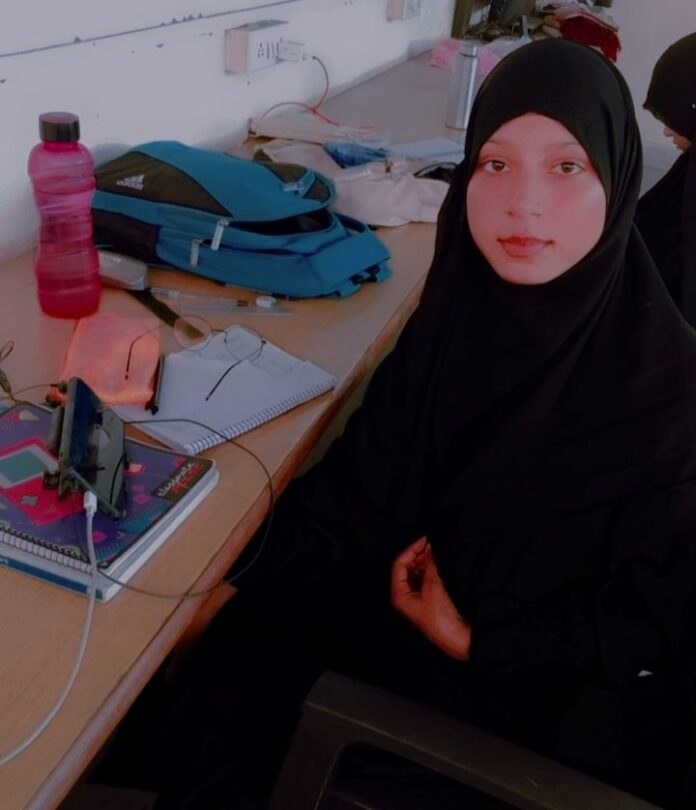
Mumbai :
Hijab-clad Alfiya Ansari allegedly faced discrimination at NG Acharya College, the first educational institution in the city that banned wearing headscarves and veils on the campus. Despite the decision reportedly forcing several Muslim women to drop out or discontinue attending classes, she remained dedicated to her education.
Her perseverance and determination led her to achieve the top rank in her class, serving as a powerful testament to her resilience and a strong rebuke to those who “discriminated” against her.
Alfiya’s achievements highlight her unwavering commitment to her goals, demonstrating that “bias” and “prejudice” cannot diminish true talent and hard work.
A Dream of Becoming a Doctor
Living with her parents and two siblings in Mumbai’s Govandi slum, Alfiya’s story is one of remarkable resilience and determination. Her father, a tailor earning Rs 20,000 per month, worked hard to support his family.
As the eldest sibling, Alfiya took her role seriously. She completed senior secondary school from a local English medium school, scoring an impressive 85% and chose to enroll in an aided college for further studies.
From a young age, she aspired to become a doctor. This ambition led her to choose the science stream in junior college, where she began preparing for the National Eligibility-cum-Entrance Test (Undergraduate) or NEET examination.
However, as she advanced to her second year, she decided to focus primarily on her board exams, dedicating much of her time to studying in the library to achieve her academic goals.
Despite facing health issues from eating outside food while spending long hours in the library, Alfiya’s family, particularly her mother, provided unwavering support. Her mother ensured she had home-cooked meals and timely medication, allowing her to maintain her focus.
Alfiya credits her success to her mother’s support, highlighting the crucial role her family played in her academic achievements.
‘Harassment’ at College
Initially cooperative, the staff at Acharya College allegedly changed their attitude drastically once the hijab issue arose. Teachers purportedly began harassing Muslim girls, making them stand outside during lectures and using various other methods.
Alfiya was mentally disturbed for many days. Fifteen-twenty girls, she alleged, stopped attending college.
However, she could not easily give up on her dream of becoming a doctor. With her parents unable to afford another college, she continued at Acharya, removing her hijab outside but still wearing a dupatta.
“This is how I struggled,” she told TwoCircles.net.
Maintaining Focus Amidst Adversity
Alfiya remained focused on her goals despite the challenges. “Life brings many issues, sometimes in the form of the hijab and sometimes due to narrow-minded views about girls,” she said, adding, “When we are focused, problems do not seem as overwhelming.”
She stayed focused on her aim and plans to continue facing challenges head-on without stepping back from her goals.
A Message to Girls
Alfiya has a powerful message for girls: “If we want to change our current situation, education is the most important part. Achieve it, but always remember the importance of both academic and religious knowledge. Only then can you become a better role model in this society. Your identity should be defined by your character, which for a girl is always defined by her modesty. Be whatever you want to be, but stay within the bounds of modesty.”
Advice for Youth
To the youth, Alfiya advises, “You are your own saviours, and your own adversaries. Keep yourself engaged in productive activities, or else negative influences will keep you busy with useless and immoral activities. Use your mobile phones positively but within a specific time limit. Learn skills to keep pace with the present situation.”
Family’s Joy and Support
After the results, Alfiya’s family was overjoyed. “Before 12th grade, I did not receive much financial support from anyone; but after 12th grade, I received immense support from an elder sister, whom I consider an angel. She has been a great source of motivation for me,” she said, though she could not mention her name due to her sister’s request for anonymity.
source: http://www.twocircles.net / TwoCircles.net / Home> Careers / by K K Ahmed, TwoCircles.net / June 10th, 2024
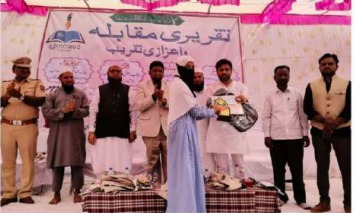
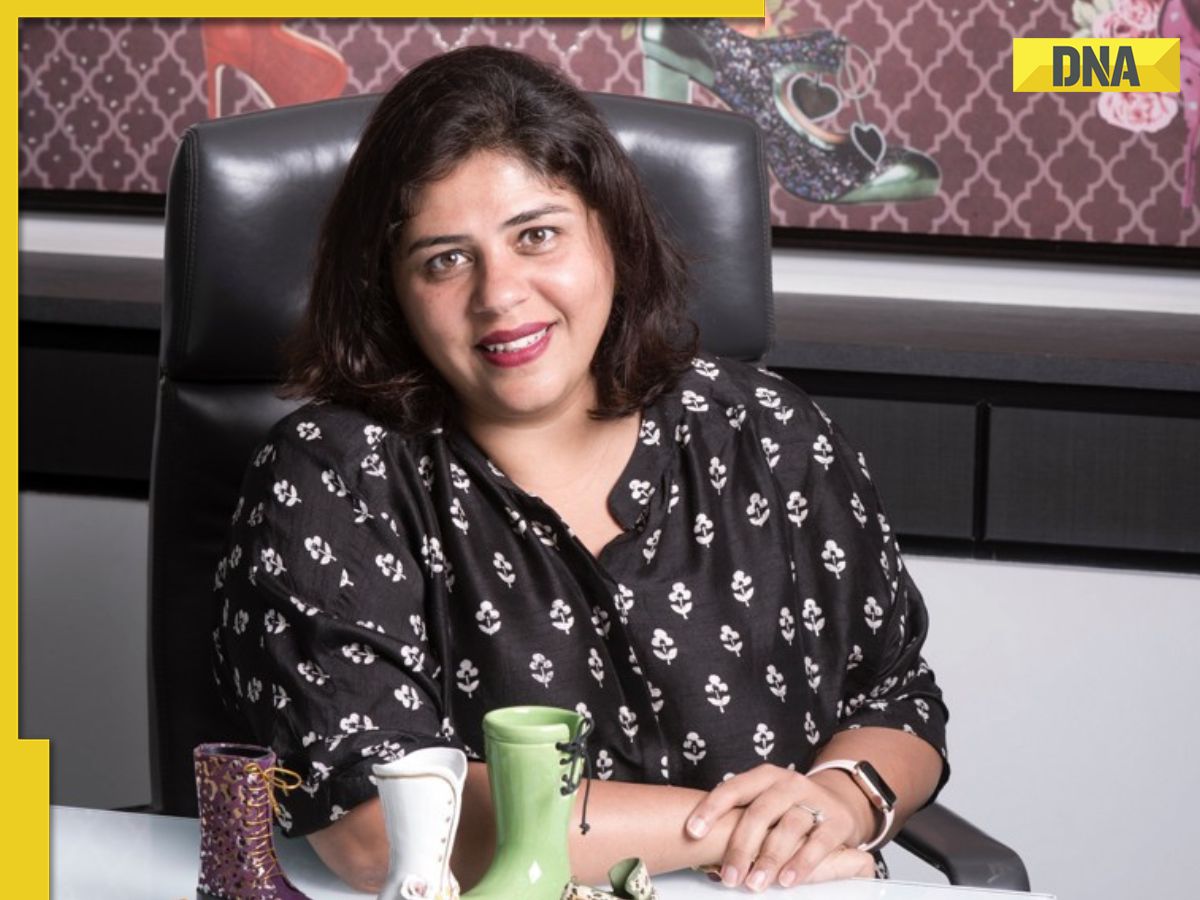)
